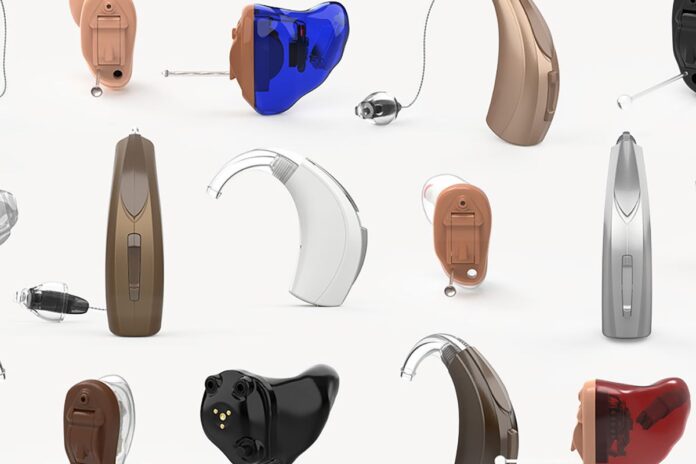Good communication is essential in daily life, whether during work meetings, family conversations, or social gatherings. For individuals experiencing mild hearing difficulties, keeping up with conversations can feel challenging. A Hearing Amplifier can make a significant difference by improving sound clarity and enhancing listening comfort. Before investing in one, it is important to understand the key features that determine both performance and user satisfaction.
A Hearing Amplifier is a device designed to capture, process, and amplify sounds, making them clearer for the listener. Unlike prescription hearing aids, amplifiers are more affordable and user-friendly, making them a popular choice for those who want extra support in everyday listening situations. However, not all amplifiers are the same, and knowing which features to look for can help you make an informed decision.
Sound Quality and Noise Reduction
One of the most important features of a hearing amplifier is sound quality. A good device should not just make sounds louder but also ensure clarity. Look for amplifiers with advanced noise reduction technology, which helps distinguish speech from background noise. This feature is especially valuable in environments such as restaurants, classrooms, or busy streets where multiple sounds compete for attention.
Adjustable Volume and Settings
Hearing needs vary from person to person and even from one situation to another. An effective amplifier should offer adjustable volume controls, allowing users to customize the sound level to their comfort. Some advanced models also include multiple listening modes, enabling users to switch between settings for quiet rooms, outdoor spaces, or noisy gatherings.
Comfort and Design
Since a hearing amplifier is worn for extended periods, comfort is essential. Lightweight, ergonomic designs ensure the device fits securely without causing discomfort. Many modern amplifiers are designed to look like common earbuds, making them discreet and stylish. Choosing the right design can encourage regular use and boost confidence in social situations.
Battery Life and Charging Options
Battery performance is another critical factor. Devices with longer battery life reduce the need for frequent charging or battery replacement. Rechargeable amplifiers are increasingly popular, as they provide convenience and long-term cost savings. Quick-charging options can also be beneficial for individuals who use their devices daily.
Directional Microphones
Directional microphones are a feature that helps focus on sounds coming from a specific direction, usually in front of the user. This reduces background noise and makes it easier to follow conversations, especially in group settings or crowded places. For individuals who often attend meetings or social events, this feature greatly enhances listening experiences.
Durability and Build Quality
Since hearing amplifiers are used regularly, durability matters. A well-built device made with quality materials ensures longevity and consistent performance. Some amplifiers also come with water- or sweat-resistant features, making them suitable for outdoor activities or extended use in different environments.
Ease of Use
A user-friendly design is essential, especially for older adults who may not be comfortable with complex technology. Clear instructions, simple buttons, and intuitive controls ensure that the device can be operated without difficulty. Some amplifiers also connect to smartphones, offering app-based adjustments for added convenience.
Price and Value
Affordability is one of the main reasons many people choose hearing amplifiers over medical-grade hearing aids. However, focusing only on cost can sometimes mean compromising on quality. It is important to balance price with features to ensure you are getting good value for your investment. Reliable amplifiers may come at a slightly higher cost, but they provide better performance and durability in the long run.
When to Seek Professional Advice
While hearing amplifiers are effective for mild to moderate hearing difficulties, they are not a substitute for medical devices. If you experience significant or worsening hearing loss, it is recommended to consult an audiologist. Professional advice ensures you select the right solution for your specific needs.
Conclusion
Choosing the right hearing amplifier requires careful consideration of features such as sound quality, noise reduction, comfort, battery life, and ease of use. These devices provide practical support for everyday listening challenges, helping individuals stay engaged in conversations and enjoy social interactions with greater confidence. By focusing on the right features before purchasing, you can ensure that your hearing amplifier enhances not just your hearing, but also your overall quality of life.

